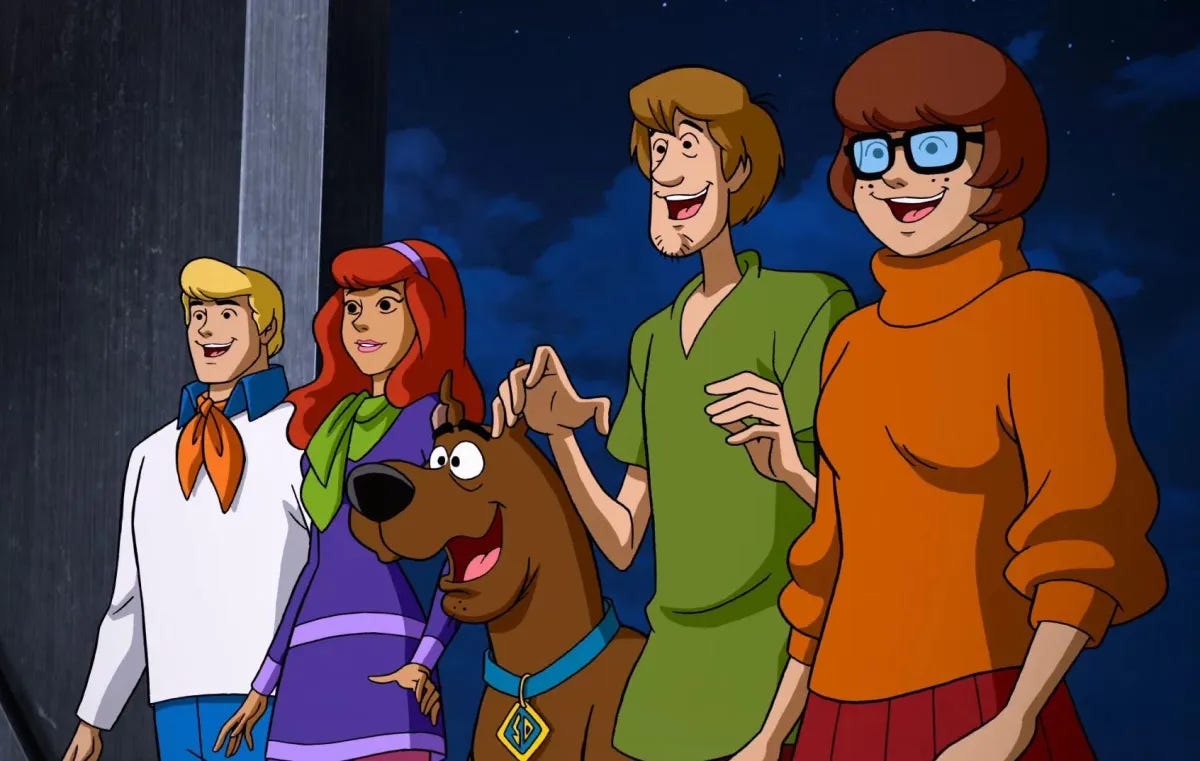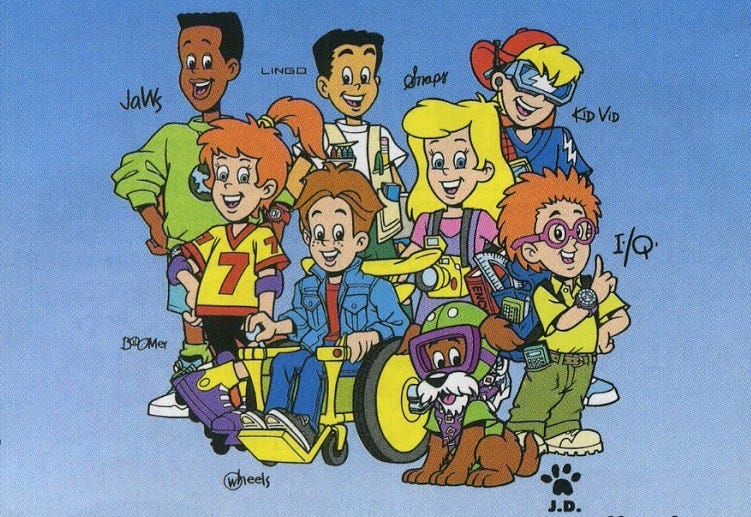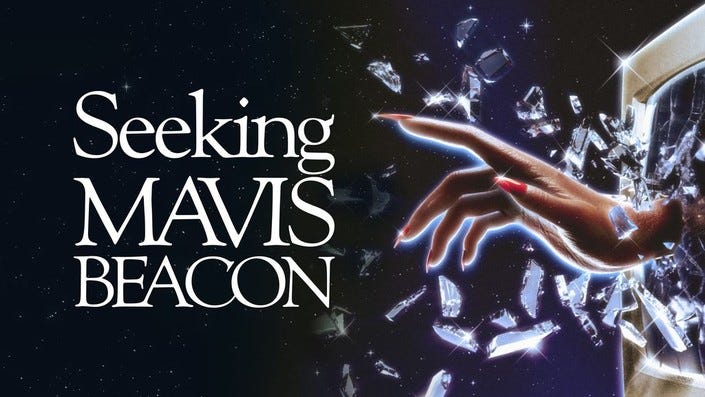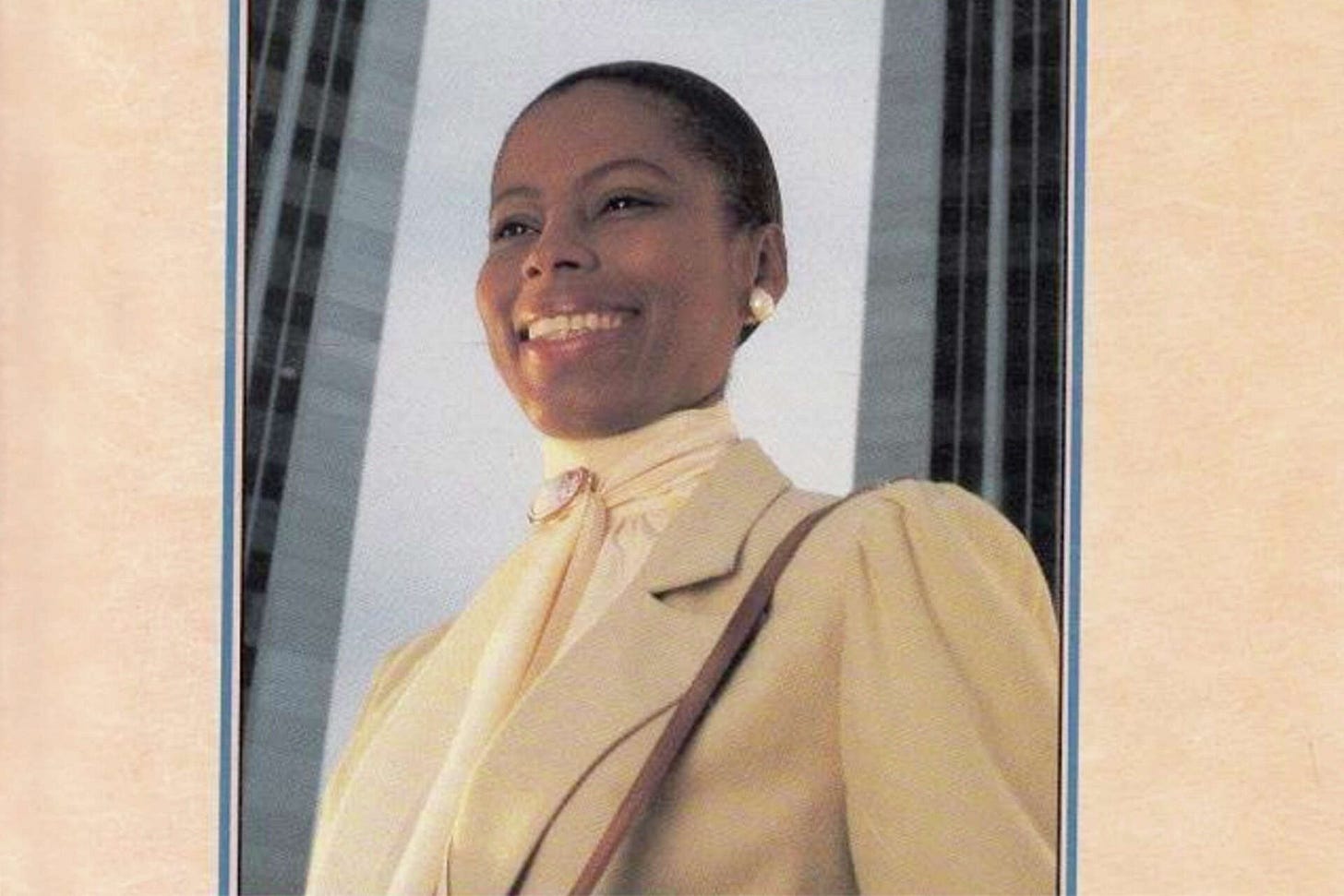Seeking Ourselves: The Quiet Power of Seeing Blackness in Everyday Life
Representation Matters 💜
"Sometimes, I feel discriminated against, but it does not make me angry. It merely astonishes me. How can any deny themselves the pleasure of my company? It’s beyond me." - Zora Neale Hurston.
I’ve been watching Seeking Mavis Beacon, a documentary about the mysterious history of the woman behind the famous typing software. It got me thinking about something I’ve never put into words—the quiet power of seeing yourself in the everyday. not in the grand, history-making moments, but in the small things, the random things, the things you don’t even realize are shaping you.
For me, it wasn’t always the obvious places. Of course, I had my favorite Black sitcoms, my favorite R&B stars, my favorite athletes. But I’m talking about the subtle moments, the ones that don’t seem significant at the time, like the Burger King Kids Club back in the day. There was a whole cast of kids in that little animated crew, but I always gravitated toward the Black boy with the high-top fade. His name? Jaws (His name is derived from his older characterization, in which he was said to be the Super Official Burger King Quality Taste Tester, as well as an expert on food, specifically the food served at Burger King).1 He wasn’t the leader. He wasn’t the main character. But he was there, and that was enough. That was something.
We don’t always realize how much we are shaped by the presence—or absence—of ourselves in the things we consume. It’s in the commercials we watch, the voices we hear on the radio, the illustrations in school textbooks, even the packaging of products we see every day. It’s why, as a kid, I’d get excited when a doll actually had brown skin that wasn’t an afterthought. Or why I’d instinctively hold onto a certain cereal box a little longer if there was a Black kid on the front. Also why at my big age of 37 why I still remember the Just for me jingle.. “I want style body and shine… a look that’s totally all mine..”
These moments may seem small, but they plant something in you. A seed of belonging. A sense that you exist in the world, not just in your home or neighborhood, but everywhere.

The flip side is just as true. When you don’t see yourself—when your existence is either erased, tokenized, or overlooked—you learn to adjust. You learn to make do with the options given. Maybe you latch onto the character who kinda looks like you, even if they weren’t written with you in mind. Maybe you rewrite the narrative in your head, inserting yourself into spaces that don’t acknowledge you. Blackness has always been in these spaces, but too often, it’s pushed to the background, muted, or repackaged under a different name.
That’s what stood out to me while watching Seeking Mavis Beacon. The real woman, Renée L’Espérance, was Haitian-born, but the software stripped her name, her voice, and her story. She was there, yet invisible. A presence without full recognition. And that’s what happens to so many Black figures—both real and fictional—who quietly shaped the culture but never got their due.
That’s why representation matters. Not just in the big, obvious ways, but in the everyday. In the cartoons, in the mascots, in the stock photos, in the smallest corners of culture where Blackness has always existed, even if it’s been overlooked. Because we are always seeking ourselves—whether we realize it or not.
And when we find ourselves, it changes everything.
Also one time for the film poster!!! its so well designed! The graphic design nerd in me is salavating!
Until next time,
Stay bold, stay brilliant, and remember, as Jay-Z says, You could be anywhere in the world, but you're here with me. I appreciate that!
-Shadé







I adore this